we were given the perfect home
So why does mankind seem hellbent on destroying it?

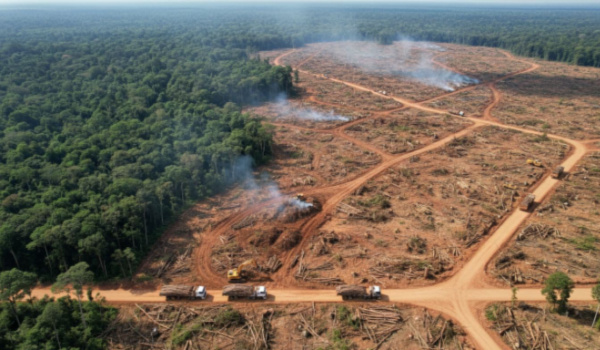
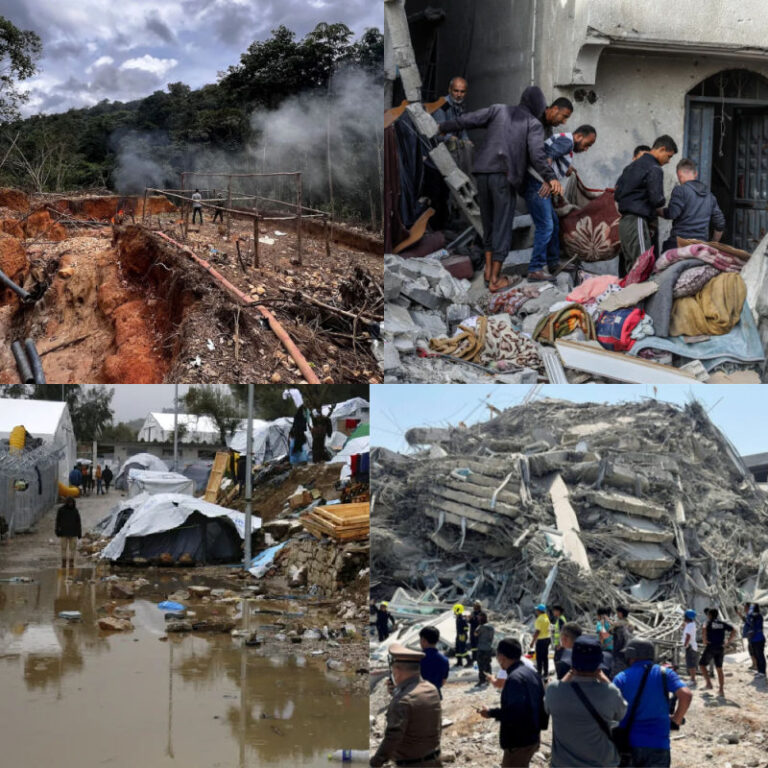
years of devastation
about
Scorching forests, poisoning oceans, destroying our only home.
Destruction of forests, poisoning oceans, ravaging our only home — the damage is unmistakable. Forests that once breathed for us now burn. Oceans that sustained life grow acidic and silent. Every ecosystem we unravel weakens the systems that keep us alive.
This isn’t doom for its own sake; it’s a call to responsibility. Our home is sounding the alarm, and the choice is simple: continue the harm or finally act like we plan to stay.
major global issues
Human Choices Push Earth Toward Peril
You’ve probably seen newspapers, magazines, and even full‑length books discussing our future. What the 21st century will bring remains uncertain. What worries many far more is the long‑term future of our planet.
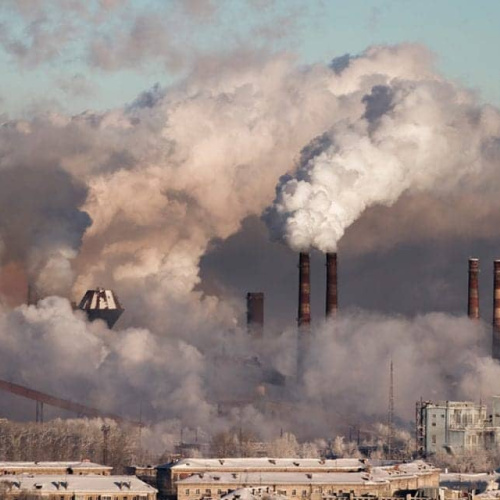
Air Pollution
Global air pollution is now one of the world’s deadliest environmental threats, contributing to 8.1 million deaths in 2021 according to the State of Global Air report . Only 17% of cities worldwide meet WHO air‑quality guidelines, leaving nearly everyone exposed to harmful PM2.5 levels .
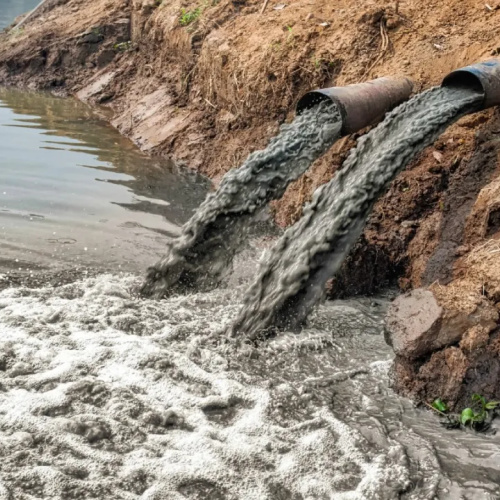
River Pollution
Global river pollution is accelerating worldwide, with half of all countries now reporting degraded freshwater systems and rising contamination levels . Roughly 50% of treated wastewater still ends up polluting rivers and lakes, carrying industrial chemicals, sewage, and medical waste into ecosystems . This escalating crisis threatens billions who rely on rivers for daily survival.
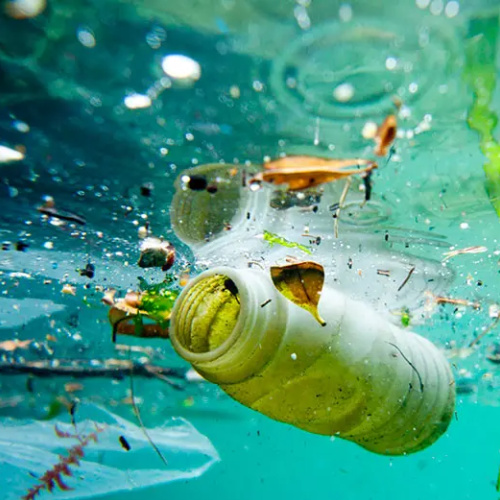
Ocean Pollution
Global ocean pollution is escalating rapidly, with 75–199 million tonnes of plastic now circulating in marine environments . Microplastics contaminate 60% of fish consumed by humans, posing growing health risks . Asia contributes 81% of ocean plastic pollution, driven by inadequate waste management and rising single‑use plastics .
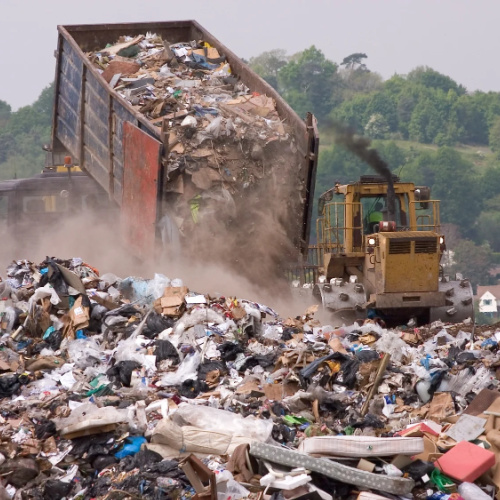
Land Pollution
Global land pollution is worsening rapidly, with 75% of the Earth’s land already degraded and projections suggesting this could reach 90% by 2050 . Degraded soil threatens food security, while land‑use pressures could displace 50–700 million people by mid‑century . This escalating crisis endangers ecosystems and human livelihoods worldwide.
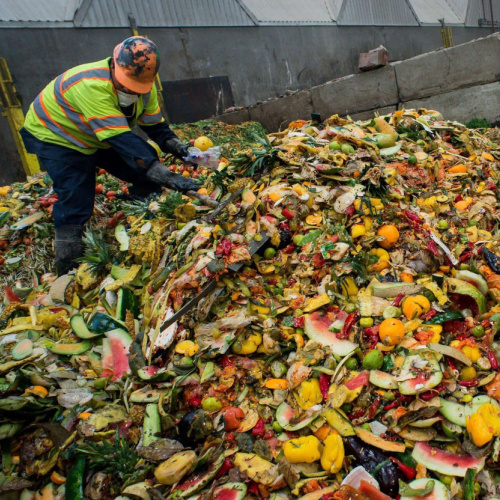
Food Wastage
Global food wastage is surging, with 1.05 billion tonnes of food wasted in 2022, equal to 19% of all food available to consumers . Households generate over 60% of this waste, discarding the equivalent of one billion meals every day while 783 million people face hunger .
features
major global issues

1.
Poverty
Global poverty affects about 700 million people worldwide, living in extreme hardship.

2.
Inequality
Global inequality persists, with the richest 10% capturing over half of all income

3.
War
Conflicts killed 233,000 people worldwide in 2024, data shows globally.
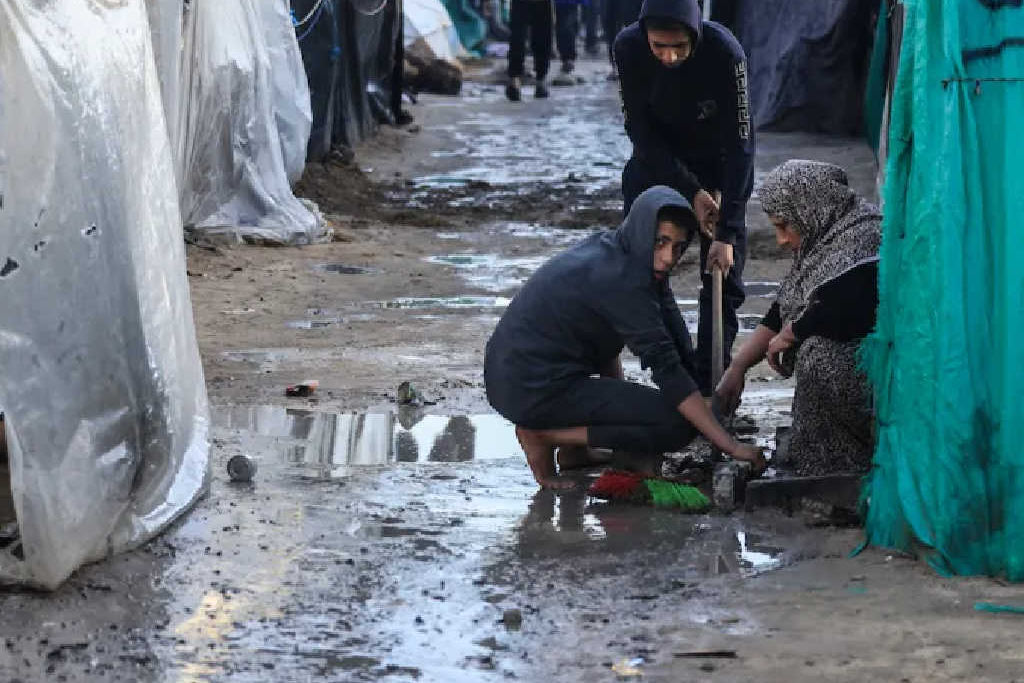




Since time began, mankind has slowly been destroying our planet.
Many dangers confront planet Earth—air pollution, untreated sewage, acid rain, and the growing scarcity of clean water. These examples alone make it clear that the planet is in serious trouble. The real question is whether we can still turn things around or if we’ve already pushed the world too far.

